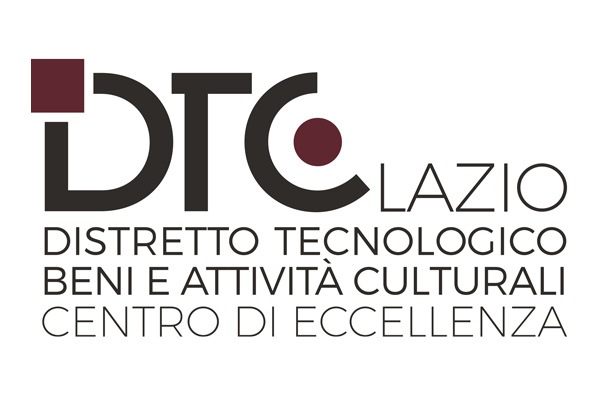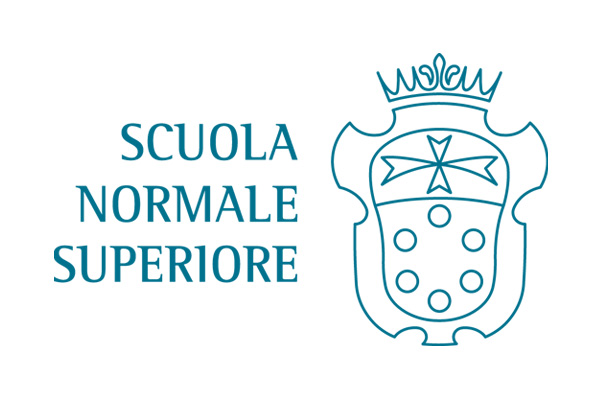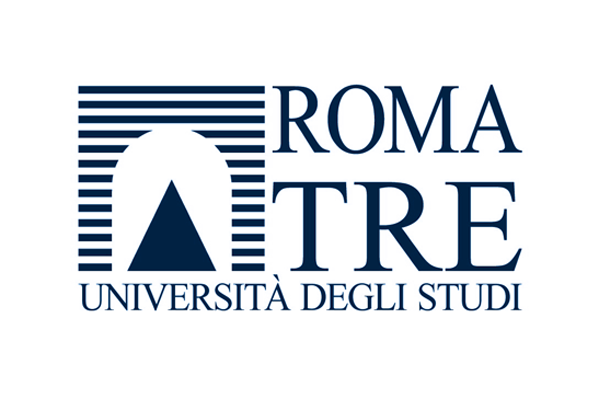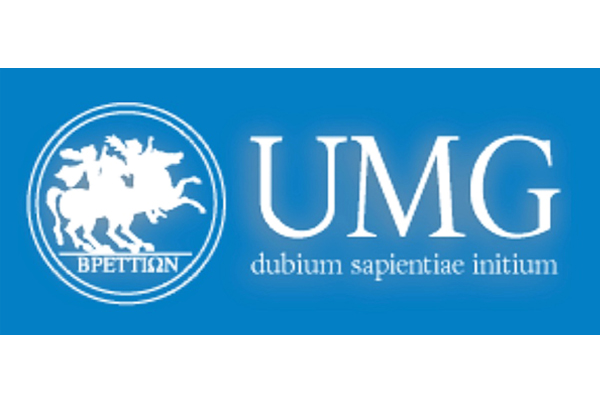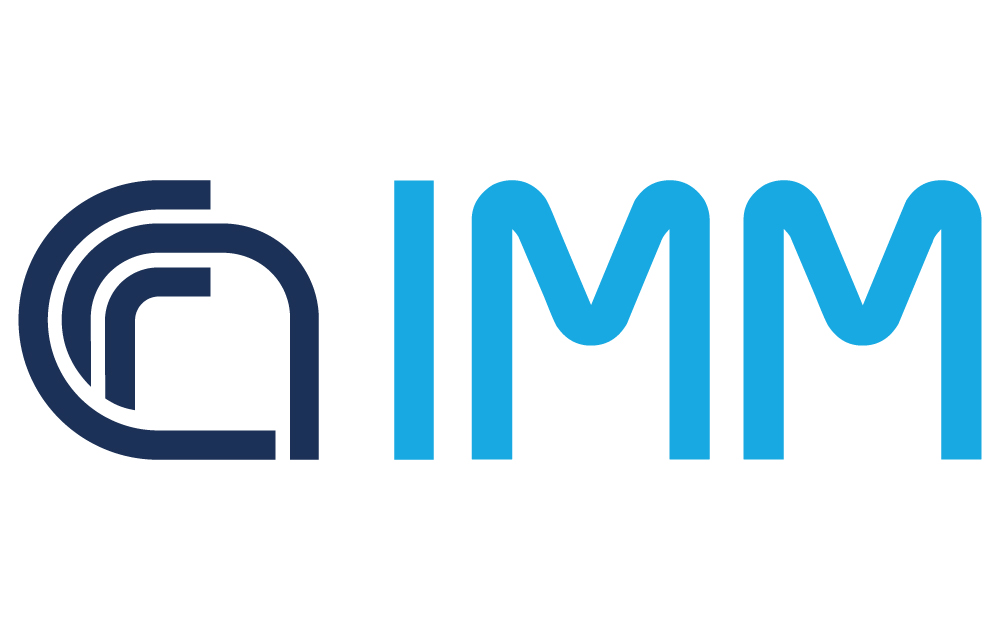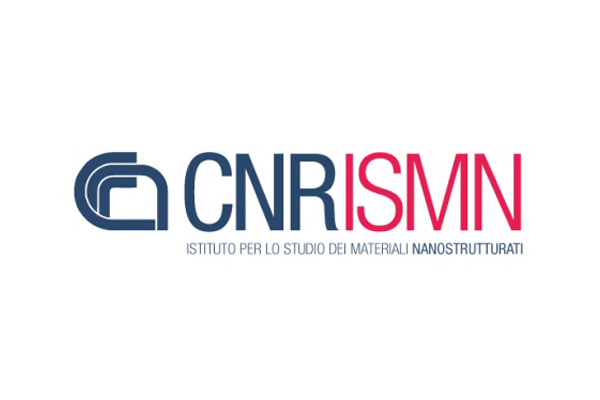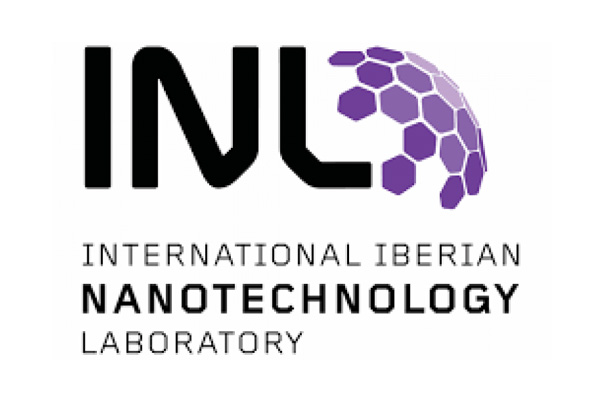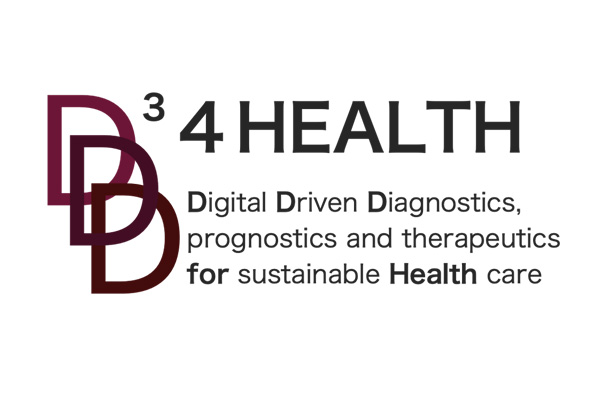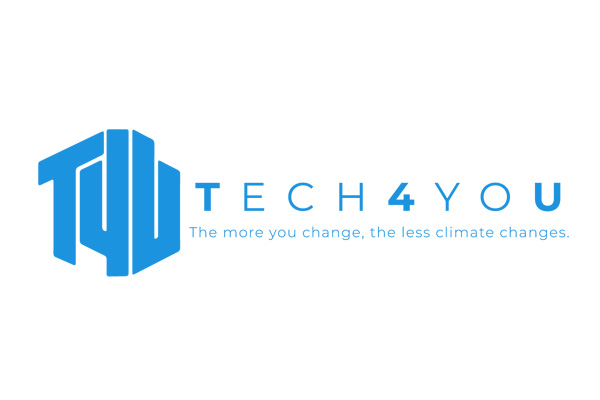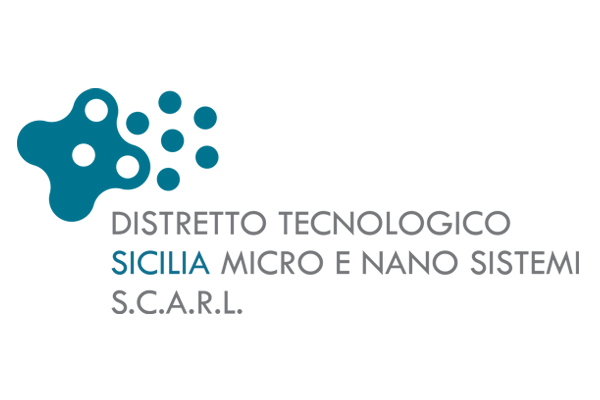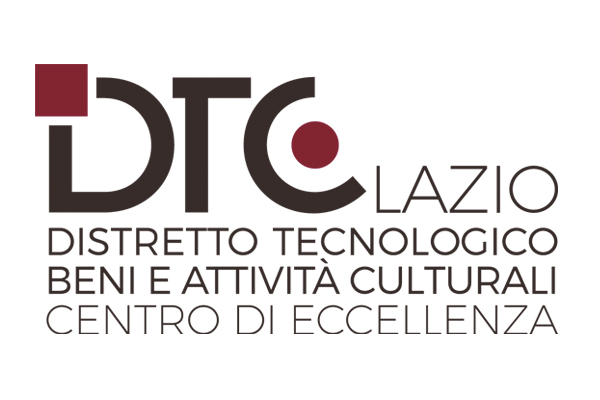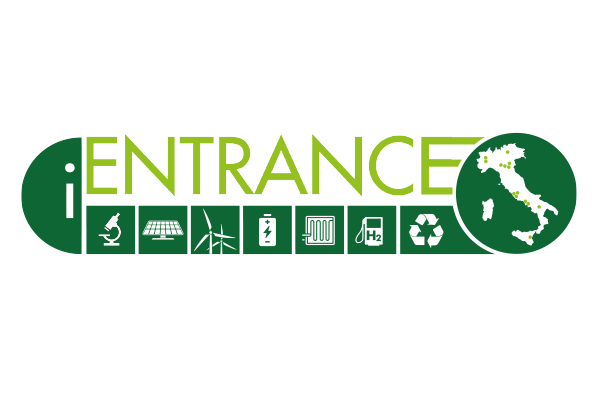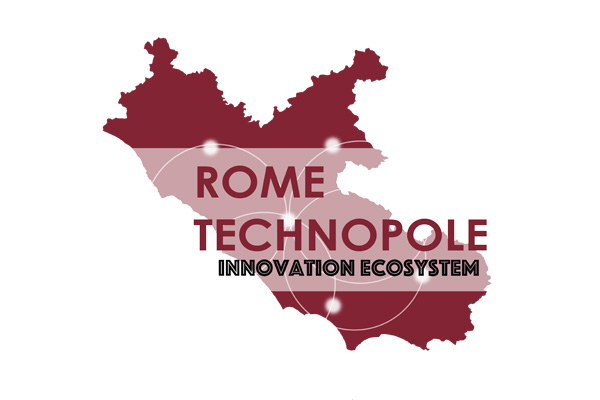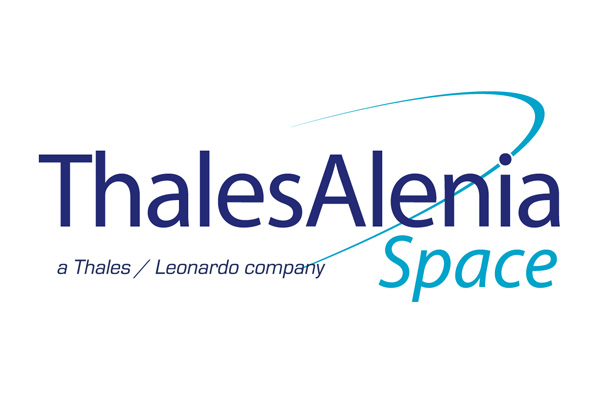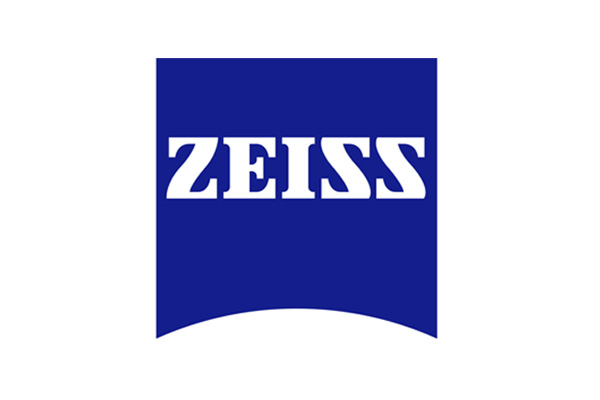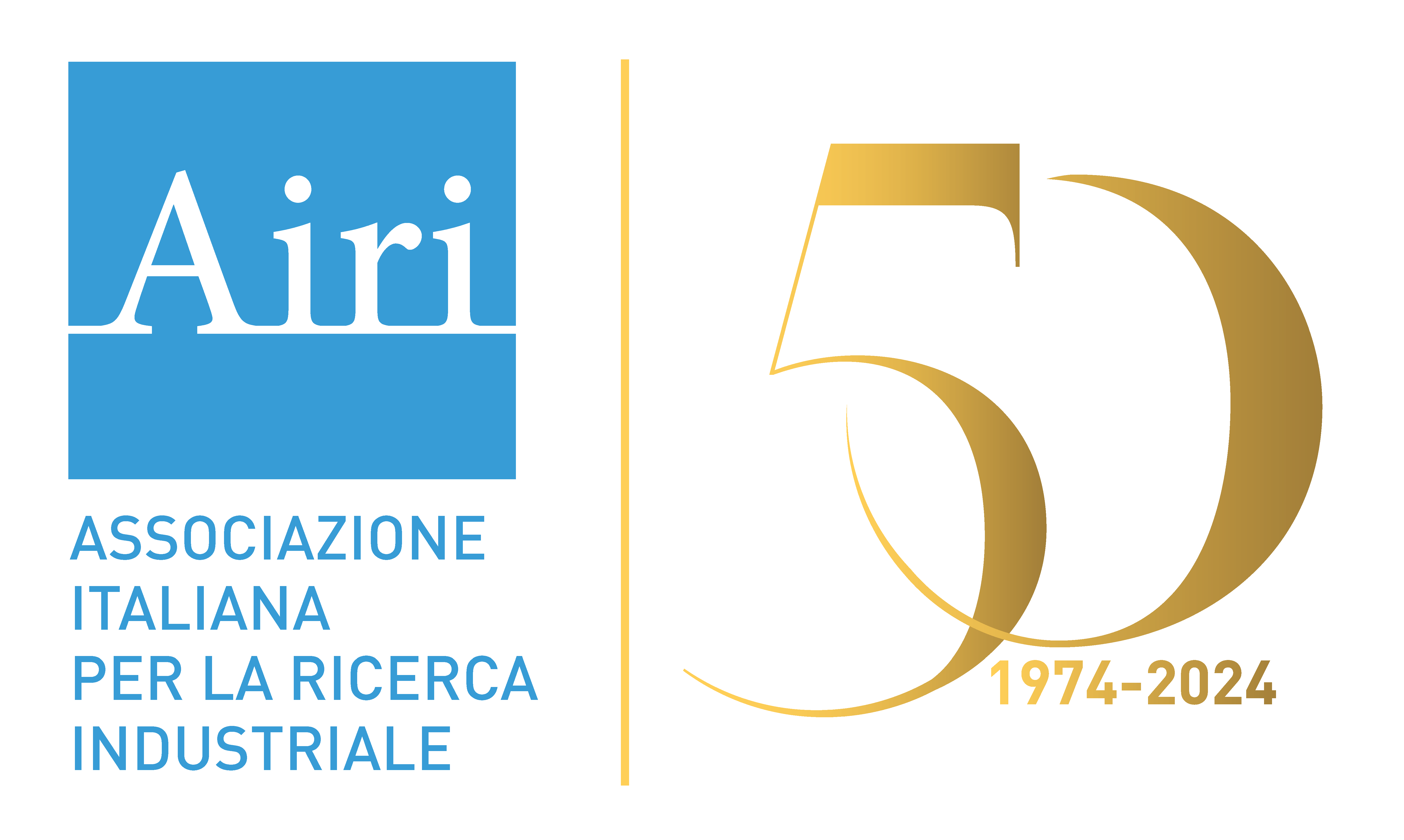| September 13 | ||||||||
| 09:00 - 10:30 Technology Transfer and Innovation Policies for a Sustainable Research JE.II.1 - TT.IX.D |
||||||||
| Chair: Sabrina CONOCI, Distretto Tecnologico Sicilia Micro e Nano Sistemi | ||||||||
| In collaboration with: | ||||||||
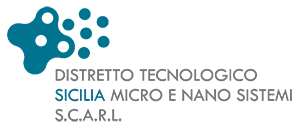 |
||||||||
| This session explores the essential policies and frameworks that drive technology transfer and innovation, emphasizing sustainability within research. Keynote speakers from leading public and private organizations, universities, and major industries will examine the creation and sustainability of research and technological infrastructures. The discussion, led by experts, will highlight best practices, regulatory considerations, and strategic initiatives crucial for ensuring that cutting-edge research translates into sustainable industrial innovations. Attendees will gain a comprehensive understanding of how these policies support a cohesive, sustainable technological ecosystem, and how they can be effectively implemented to foster long-term industry-wide advancement. | ||||||||
| JE.II.1.1 TT.IX.D.1 |
Giuseppe BARBIERI ENEA, Responsabile della Divisione Tecnologie e materiali per l'industria Manifatturiera Sostenibile ENEA, le opportunità di sviluppo e la creazione di nuove infrastrutture di ricerca offerte dal PNRR |
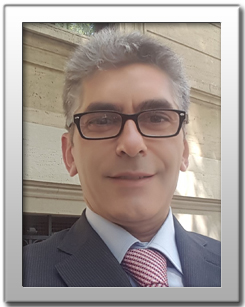 |
||||||
| JE.II.1.2 TT.IX.D.2 |
Cesare LOBASCIO - CV Thales Alenia Space, Space Exploration & Science Innovation Lead and Senior Expert Life Support & Habitability Disruptive innovation for New Space Exploration Challenges |
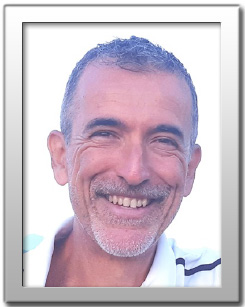 |
||||||
| JE.II.1.3 TT.IX.D.3 |
Rosaria RINALDI University of Salento, Vice-Rector for Technology Transfer Green and Circular Chemistry for the Sustainable Production of Nano-Therapeutic Materials |
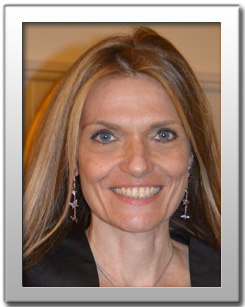 |
||||||
| JE.II.1.4 TT.IX.D.4 |
Alessandro GARIBBO LEONARDO, Head of Universities and Research Centers Coordination Partnership, infrastrutture e reti per la ricerca: l’esperienza di Leonardo |
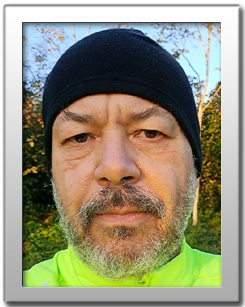 |
||||||
| JE.II.1.5 TT.IX.D.5 |
Michele MUCCINI CNR-ISMN e MISTER Smart Innovation Mister Smart Innovation and the CNR Bologna Technopole: an hands on experience for research valorization and public-private collaboration |
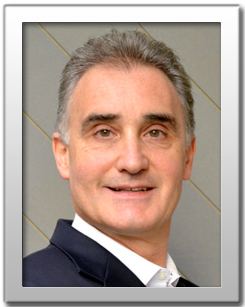 |
||||||
| JE.II.1.6 TT.IX.D.6 |
Lorenzo ROSSI - CV IIT, Intellectual Property Manager Technology Transfer: Impact, Goals, People and Resources |
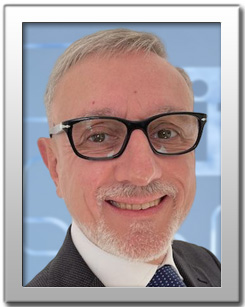 |
||||||
| 11:30 - 13:00 IM4EU: Advanced Materials for Industrial Leadership – come diventare protagonisti JE.II.2 - TT.X.A |
||||||||
| Chair: Marco FALZETTI, APRE | ||||||||
|
Le public-private partnership sono riconosciute come uno strumento essenziale per trasferire conoscenza e ricerca al mercato. I materiali avanzati sono alla base delle catene del valore di molteplici settori applicativi e sono sempre più un fattore strategico per garantire l’autonomia e la competitività delle imprese europee. Collaborare e creare sinergie tra tutti gli stati membri, le industrie gli attori della ricerca è necessario per sfruttare al meglio gli investimenti attuali e futuri. L’Italia e le sue industrie devono giocare un ruolo importante in questa sfida. Con la pubblicazione il 27 febbraio 2024 della sua comunicazione su Advanced Materials for Industrial Leadership, la Commissione ha segnato un punto di arrivo e uno di partenza. L’arrivo è individuato da un percorso che negli ultimi due anni ha accompagnato la Commissione attraverso un intenso confronto con tutti i portatori di interesse al fine di costruire le migliori condizioni per una rinnovata attenzione sulla R&I sui materiali e sul loro fondamentale ruolo di abilitatori di praticamente tutte le sfide tecnologiche del futuro. La partenza, perché si stanno attivando iniziative che coinvolgono tutte le comunità di riferimento, accademia, ricerca, industria, per rendere operative le strategie delineate nella Comunicazione. Durante l’evento la Direttrice della Direzione Prosperity della Direzione Generale Ricerca, illustrerà come procede l’impegno della Commissione Europea su questo dossier. A valle di questo, estenderemo il dialogo a figure di rilievo del contesto istituzionale italiano e del mondo dell’industria e della ricerca, per capire come il sistema nazionale si stia organizzando per cogliere al meglio, e da protagonisti, le future opportunità su questo tema, a partire dal coinvolgimento nel nuovo Partenariato sui Materiali Innovativi che vedrà la luce nella seconda metà dell’anno. Vi chiediamo gentilmente di accreditarvi all'evento tramite la compilazione del form |
||||||||
| JE.II.2.1 TT.X.A.1 |
Marco FALZETTI Direttore APRE e Chair EuMaT Introduction |
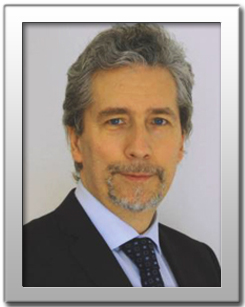 |
||||||
| JE.II.2.2 TT.X.A.2 |
Key note Speaker Maria Cristina RUSSO Direttrice della Direzione Prosperity della DG- RTD della Commissione Europea L’innovazione nei Materiali - dove sta andando la Commissione Europea |
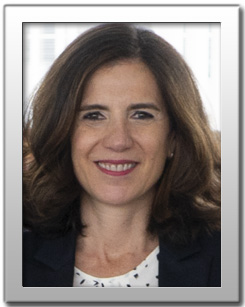 |
||||||
| JE.II.2.3 TT.X.A.3 |
Maria Cristina RUSSO & Marco FALZETTI Dialogo: Verso il nuovo Partenariato sui Materiali Avanzati IM4EU |
 |
 |
|||||
| ROUND TABLE Essere protagonisti delle future sfide sui Materiali Innovativi |
||||||||
| Moderator: Tullio TOLIO, Esperto alla Configurazione di Programma del Cluster 4 di Horizon Europe, Politecnico di Milano | ||||||||
| PANELISTS | ||||||||
| Stefano FABRIS Direttore del Dipartimento Scienze fisiche e tecnologie della materia – CNR |
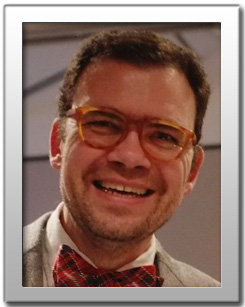 |
|||||||
| Francesca GALLI Ufficio di Gabinetto MUR |
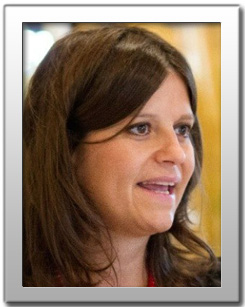 |
|||||||
| Luca DE ANGELIS Direttore della Direzione generale per le nuove tecnologie abilitanti, MIMIT |
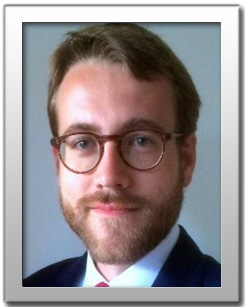 |
|||||||
| Nicoletta AMODIO Responsabile Industria e Innovazione Confindustria |
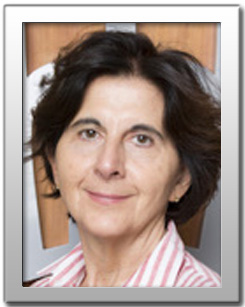 |
|||||||
| Luigi NICOLAIS Prof. Emerito Università Federico II |
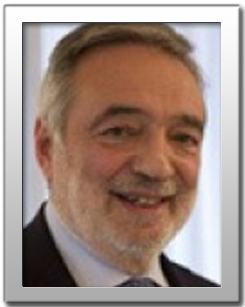 |
|||||||
| QUESTION & ANSWER | ||||||||
| 14:00 - 15:30 ROUND TABLE Research Infrastructure and Ecosystem within and beyond PNRR: Open Science, Open Innovation, and Higher Education 1/2 JE.II.3 - TT.XI.C |
||||||||
| Chair: Alfredo PICANO, iENTRANCE@ENL Manager & CNR | ||||||||
| This session will explore the principles of Open Science and Open Innovation with a focus on the implementation of Research Infrastructures (RI) and Regional Ecosystems within and beyond the National Recovery and Resilience Plan (PNRR). The session will be divided into two parts: a presentation segment followed by a roundtable discussion. In the first part, key speakers will provide an overview of current practices, key guidelines and real-world applications related to IR and Regional Ecosystems. They will address outstanding issues in their implementation and emphasise the need to integrate sustainability into research practices. In addition, experts will discuss how higher education systems can adapt to evolving innovation policies and requirements. Initiatives aimed at integrating processes and products for sustainability within the education sector will be highlighted, demonstrating the importance of equipping the next generation with the skills and knowledge needed to thrive in an ever-changing technological and industrial landscape. The roundtable will focus on how open access to scientific knowledge and collaborative innovation can drive progress across different sectors. Participants will explore the benefits and challenges of open science and learn how these approaches can create effective, inclusive and sustainable research ecosystems. The discussion will also look at how higher education institutions can adapt their curricula and policies to promote innovation and sustainability, and ensure that graduates are prepared to meet future challenges. Overall, this session aims to bridge the gap between theoretical concepts and practical implementation, ensuring that the principles of openness enhance the impact and efficiency of research infrastructures. It will align with and go beyond the strategic objectives of the PNRR, highlighting the critical role of higher education in fostering a resilient and innovative future. | ||||||||
| JE.II.3.1 TT.XI.C.1 |
Ennio CAPRIA ESFR, Deputy Head of Business Development, France Ecosystems and Infrastructures: The example of Grenoble |
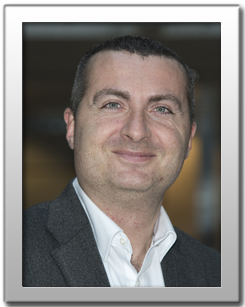 |
||||||
| JE.II.3.2 TT.XI.C.2 |
Anna TAMPIERI ISSMC-CNR & President Eureka! Venture SGR How to navigate the stormy sea from research to innovation to meet the market needs, using venture capital tools |
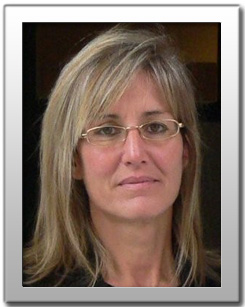 |
||||||
| JE.II.3.3 TT.XI.C.3 |
Marina SILVERII Executive Director at ART-ER & Vice-President ECOSISTER Foundation ECOSISTER: The Emilia-Romagna Region's ecosystem for sustainable transition (Title in definition) |
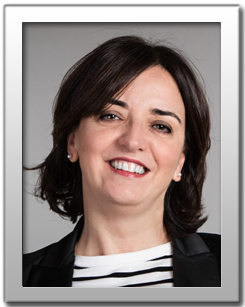 |
||||||
| JE.II.3.4 TT.XI.C.4 |
Franco FOSSATI Fondazione Rome Technopole, Direttore Scientifico Drivers of Competitive Advantage: Education, Innovation, and Entrepreneurship in Open Ecosystems |
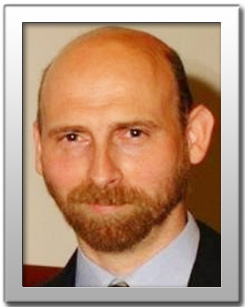 |
||||||
| JE.II.3.5 TT.XI.C.5 |
Anastasia DOTOLO HUB NODES SCARL, Project Manager NODES: The North-West ecosystem for digital and sustainable transition |
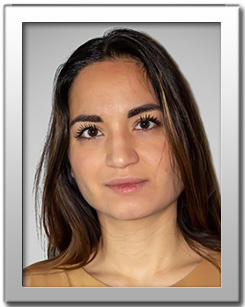 |
||||||
| 16:00 - 17:30 ROUND TABLE Research Infrastructure and Ecosystem within and beyond PNRR: Open Science, Open Innovation, and Higher Education 2/2 JE.II.4 - TT.XII.A |
||||||||
| Moderators: Vittorio MORANDI, CNR & Marco ROSSI, Sapienza University of Rome | ||||||||
| PANELISTS | ||||||||
| Antonio ANDRETTA Klopman International, LCA Manager |
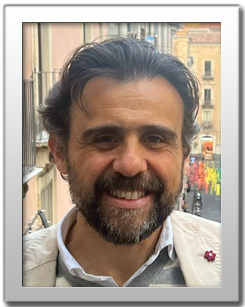 |
|||||||
| Massimo BERSANI FBK, Materials and Topologies for Sensors and Devices (MTDS) Unit Leader |
 |
|||||||
| Ennio CAPRIA ESRF, Deputy Head of Business Development, France |
 |
|||||||
| Massimo CARNELOS (to be confirmed) MAECI, Capo dell'Ufficio Innovazione, start-up e spazio - DGSP Uff. XI |
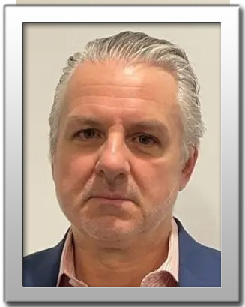 |
|||||||
|
Vincenzo COLLA |
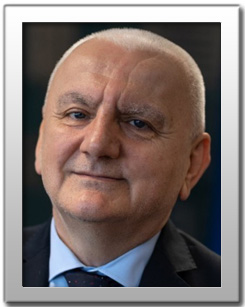 |
|||||||
| Marco CRESCENZI ISS, Core Facilities, Director |
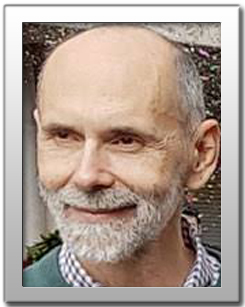 |
|||||||
| Anastasia DOTOLO HUB NODES SCARL, Project Manager |
 |
|||||||
| Franco FOSSATI Fondazione Rome Technopole, Direttore Scientifico |
 |
|||||||
| Alessandro GARIBBO LEONARDO, Head of Universities and Research Centers Coordination |
 |
|||||||
| Cesare LOBASCIO Thales Alenia Space, Space Exploration & Science Innovation Lead and Senior Expert Life Support & Habitability |
 |
|||||||
| Rosaria RINALDI University of Salento, Vice-Rector for Technology Transfer |
 |
|||||||
| Marina SILVERII Executive Director at ART-ER & Vice-President ECOSISTER Foundation |
 |
|||||||
| Anna TAMPIERI ISSMC-CNR & President Eureka! Venture SGR |
 |
|||||||
| QUESTION & ANSWER | ||||||||
| Closing cocktail in the Cloister A moment to say goodbye and look forward to the 10th edition of Nanoinnovation (15-19 September 2025) |
||||||||
| Go to Plan 13 September | |||



